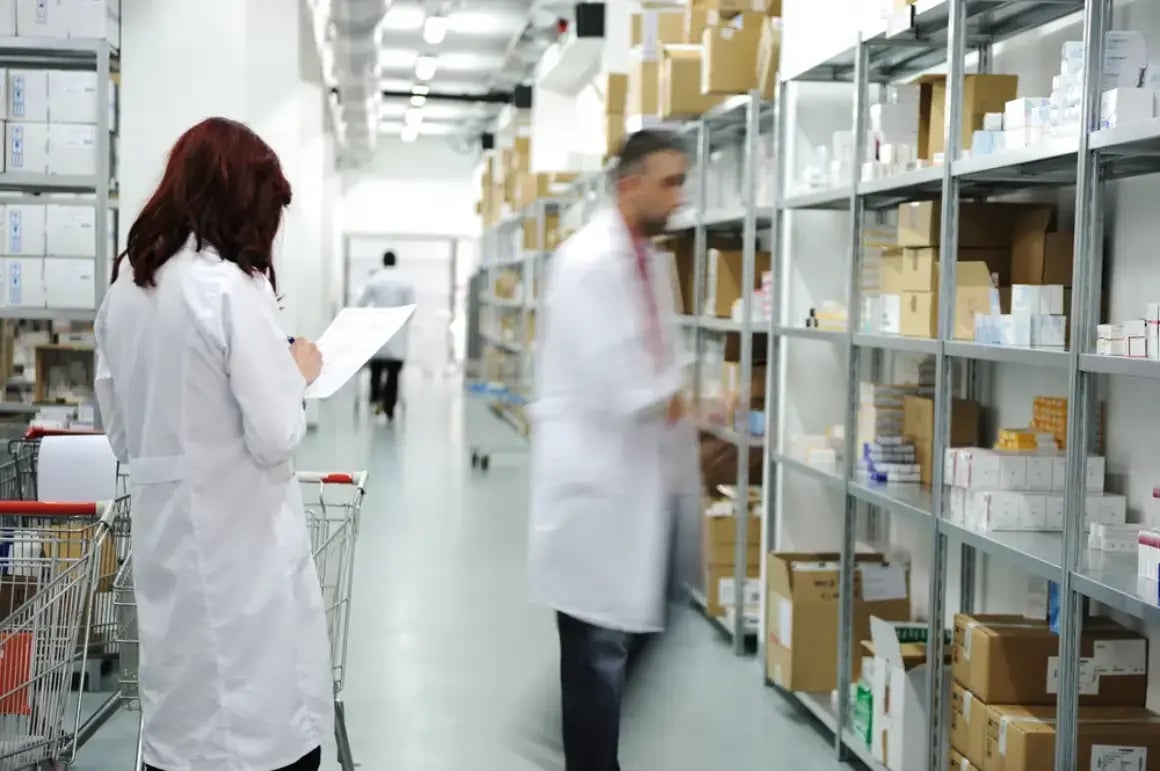In the fast-paced world of global business, ensuring compliance and quality through effective inspection processes is paramount. As Induspect, we understand the intricacies involved in streamlining these processes to not only meet but exceed the rigorous standards set by industries worldwide. This blog post delves into practical insights and actionable tips to optimize your inspection processes, ensuring that your operations remain hassle-free, compliant, and of the highest quality.
Understanding the Importance of Inspection Processes
Inspection processes are crucial for several reasons. They not only ensure that products and services meet specific standards of quality and safety but also help in identifying potential issues before they escalate into costly problems. Effective inspection processes are a testament to a company's commitment to excellence, compliance, and customer satisfaction.
Streamlining Inspection Workflows
Optimizing inspection workflows involves the strategic integration of technology, skilled personnel, and efficient processes. The use of digital tools and software for scheduling, conducting, and reporting inspections can significantly reduce manual errors and increase efficiency. Training inspectors to high standards and ensuring they are well-versed in the latest industry regulations and technologies can further enhance the inspection process.
Leveraging Technology for Enhanced Compliance and Quality
Technology plays a pivotal role in modern inspection processes. From advanced data analytics to drone technology for hard-to-reach areas, leveraging the latest technological advancements can provide a competitive edge. Implementing a centralized digital platform where all inspection data is stored and analyzed can help in maintaining a transparent, accessible, and comprehensive compliance and quality management system.
Adopting a Proactive Approach to Inspections
A proactive approach to inspections involves regular audits and checks before regulatory bodies mandate them. This not only helps in maintaining a constant state of readiness but also significantly reduces the risk of non-compliance and the associated penalties. Predictive maintenance, powered by IoT sensors and AI analysis, can preemptively identify potential failures, ensuring that the quality is maintained without disruption.
Ensuring Global Standards Through Local Expertise
In a global marketplace, ensuring compliance with international standards while understanding local regulations is a challenge. Leveraging local expertise, either through hiring local inspectors or partnering with local firms, can help navigate this complex landscape. This approach ensures that inspections are conducted with a deep understanding of both global standards and local nuances.
Customizing Inspection Protocols to Industry Needs
Different industries have different standards and challenges when it comes to inspections. Customizing inspection protocols to cater to the specific needs of an industry can increase both efficiency and effectiveness. For example, the oil and gas industry requires a different set of inspection criteria and technology compared to the pharmaceutical industry. Understanding these nuances is key to ensuring quality and compliance.
The Role of Training and Development
Investing in the training and development of inspection teams is crucial. Regular training sessions on the latest industry standards, technologies, and inspection techniques can equip inspectors with the knowledge and tools they need to conduct thorough and effective inspections. This not only enhances the quality of inspections but also contributes to the professional growth of the team.
Collaborating with Stakeholders for Integrated Solutions
Collaboration with stakeholders, including suppliers, customers, and regulatory bodies, is essential for optimizing inspection processes. This collaborative approach can lead to the development of integrated solutions that address the needs and concerns of all parties involved. It also ensures that the inspection processes are aligned with the industry's best practices and regulatory requirements.
Conclusion: A Commitment to Excellence
At Induspect, our commitment to excellence drives us to continuously explore and implement the best practices in inspection processes. By optimizing these processes, we ensure compliance, quality, and efficiency, thereby supporting our clients in achieving their operational and business objectives without the hassle. We believe that through innovation, collaboration, and a proactive approach, we can overcome the challenges of today's dynamic business environment and set new standards for tomorrow.
Optimizing your inspection processes is not just about adhering to regulations; it's about setting a benchmark for quality and efficiency in your industry. By embracing these insights and tips, you can ensure that your operations are not only compliant but also poised for success in a competitive global marketplace.
